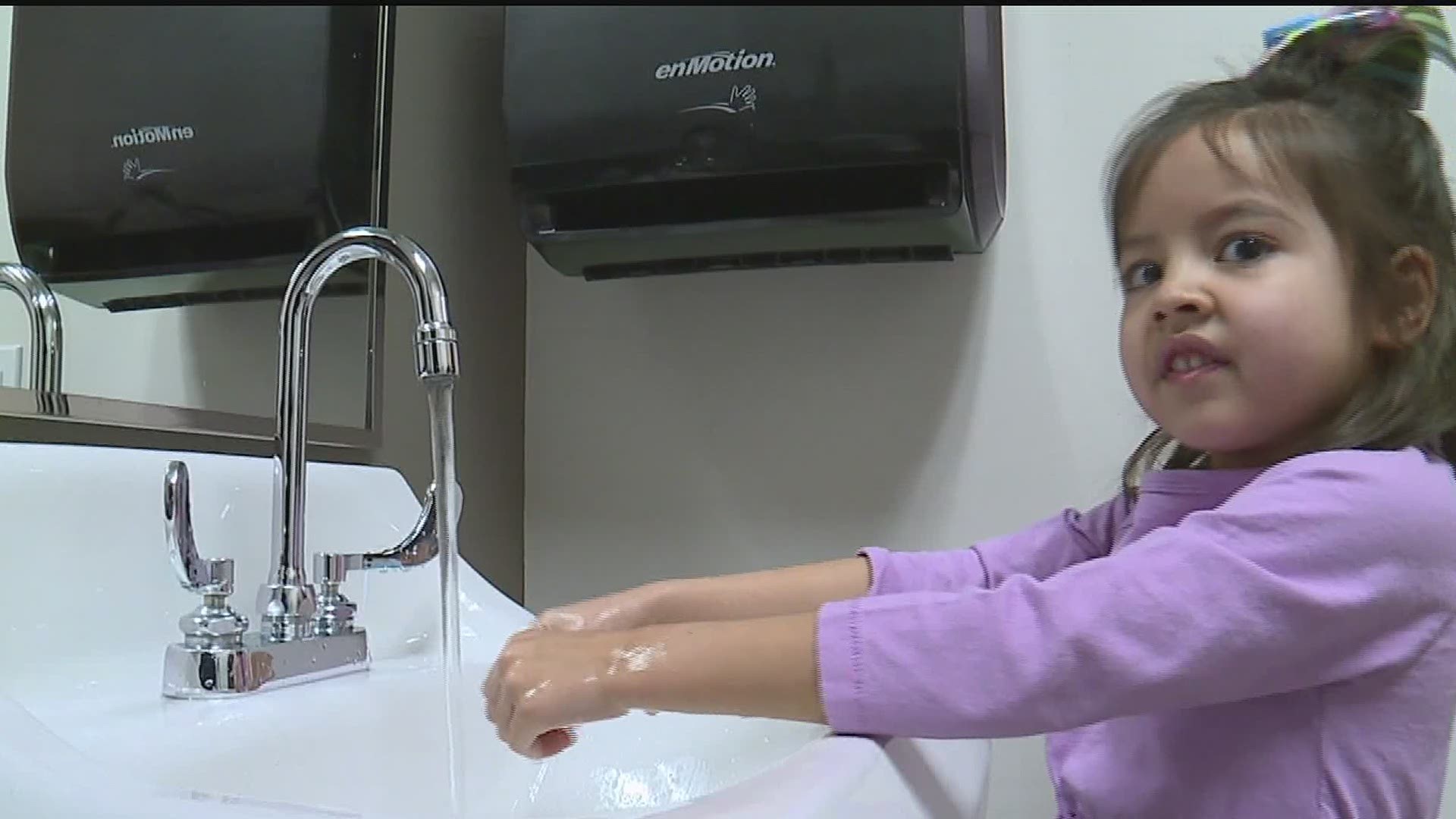As parents, we are always told to protect our children against potentially deadly diseases, like the flu or measles. However, those viruses have vaccines, and ways to prevent spreading to others.
What, then, can we do for our kids about the COVID-19 strain of Coronavirus, which not only does not have a vaccine, but doctors say is proving to be highly contagious?
According to Dr. Sean Campbell, a pediatrician with Wellspan Health in York County, children are showing a unique ability to fight this virus.
"Children do better with (the Coronavirus), or have done better, than the general adult population," Campbell said. "About 50 percent won`t even get a fever."
Dr. Campbell is attributing data taken from China's Center for Disease Control and Prevention. The China CDC and World Health Organization (WHO) conducted a study of nearly 45,000 confirmed cases of COVID-19 through mid-February. Of those cases, only 549 people, or 1.2% of all cases were teens, and a even fewer, 0.9% were under 10 years old.
Furthermore, the study found only one person under 20 died, and there were no deaths in children under 10.
Doctors have not been able to determine why, if there is a concrete reason, kids are proving more immune to COVID-19 than their elder counterparts. Some though, like Dr. Campbell, believe children have a leg-up on adults to begin with.
"Children's immune systems are better than adults. Pound for pound, they're tougher," Campbell said.
Even so, that doesn't mean children are invincible. Young ones, even if asymptomatic, can become carriers of the disease and infect their parents, grandparents, and others if left unchecked. It's best, doctors say, to remain in isolation, socially distance them from play groups, and continue to practice good hygiene.
"I tell (parents) to treat it like a flu," Campbell said. "The key is good hand washing, and don't put things in your mouth. I've seen parents put pacifiers in their mouth because it touches the floor. You do not want anything your toddler touches in your mouth because that is how they get sick."

